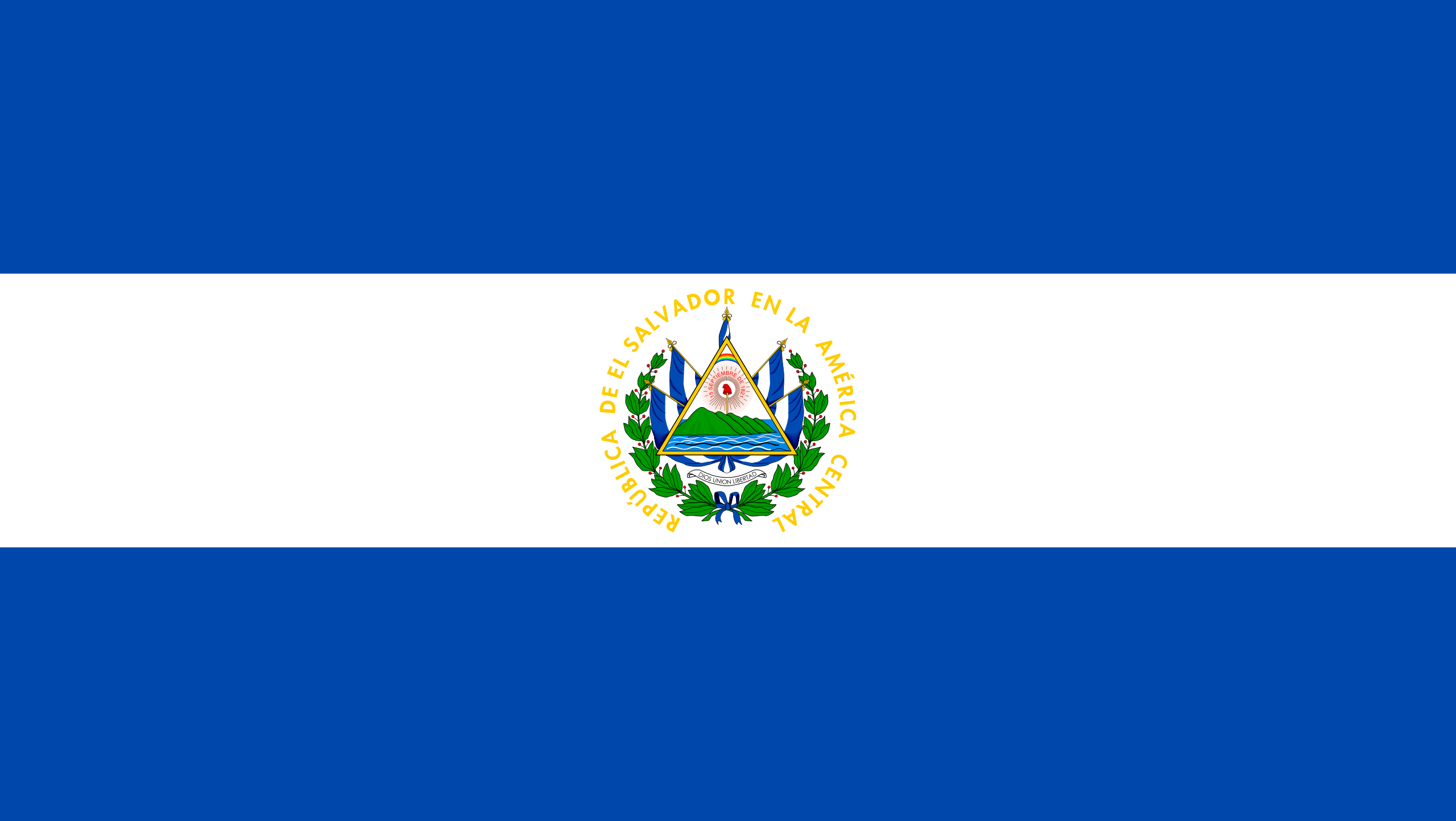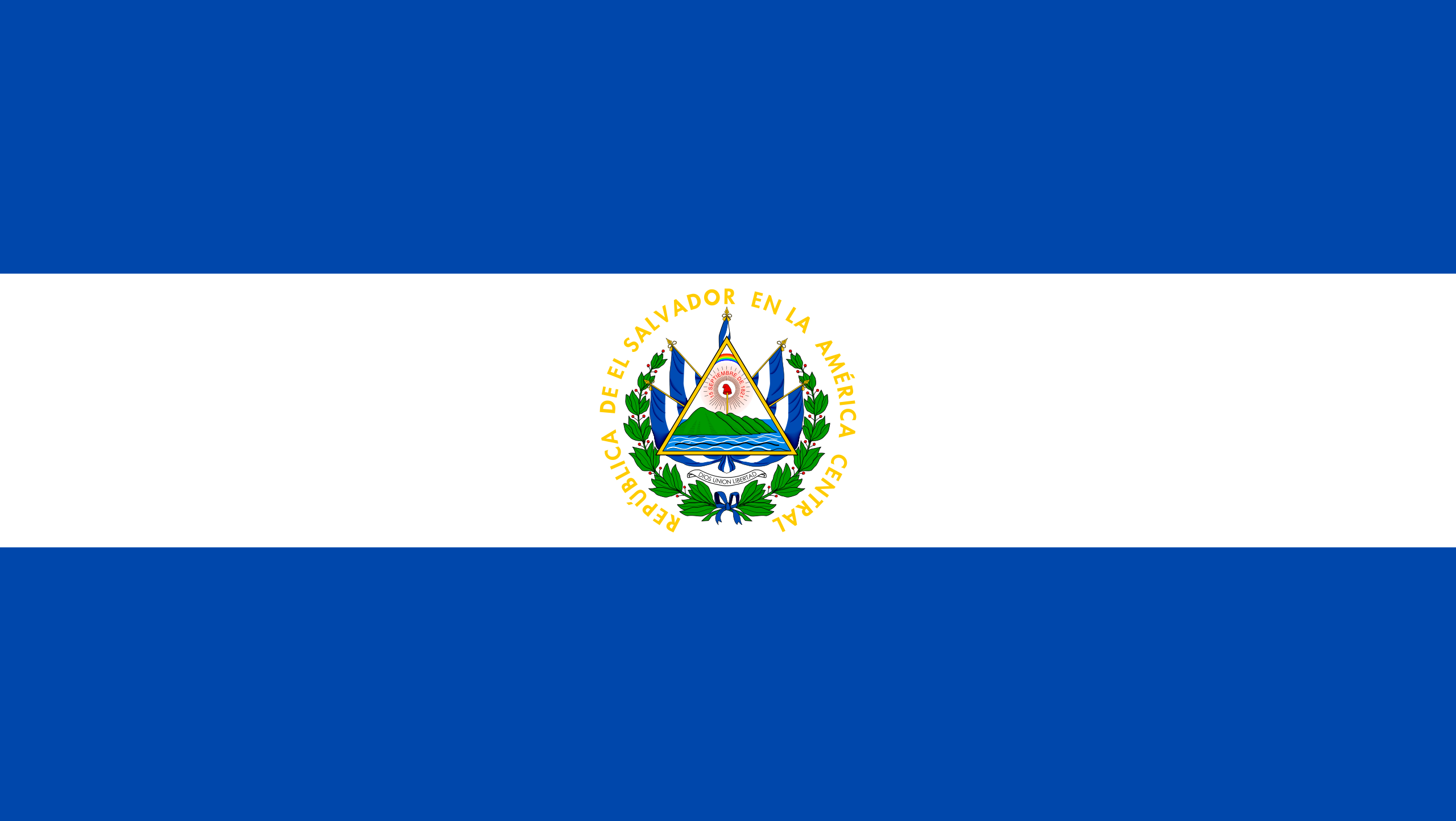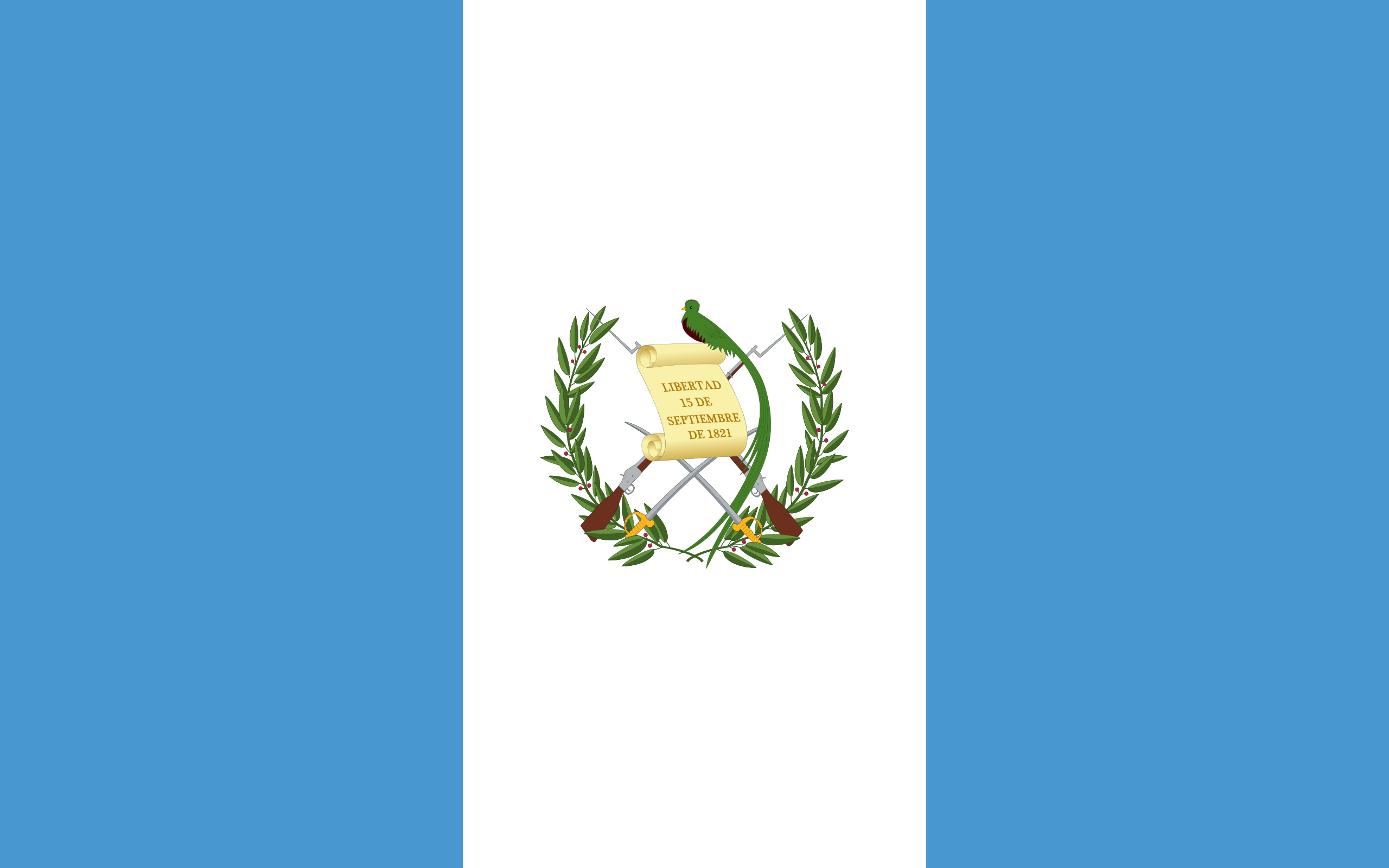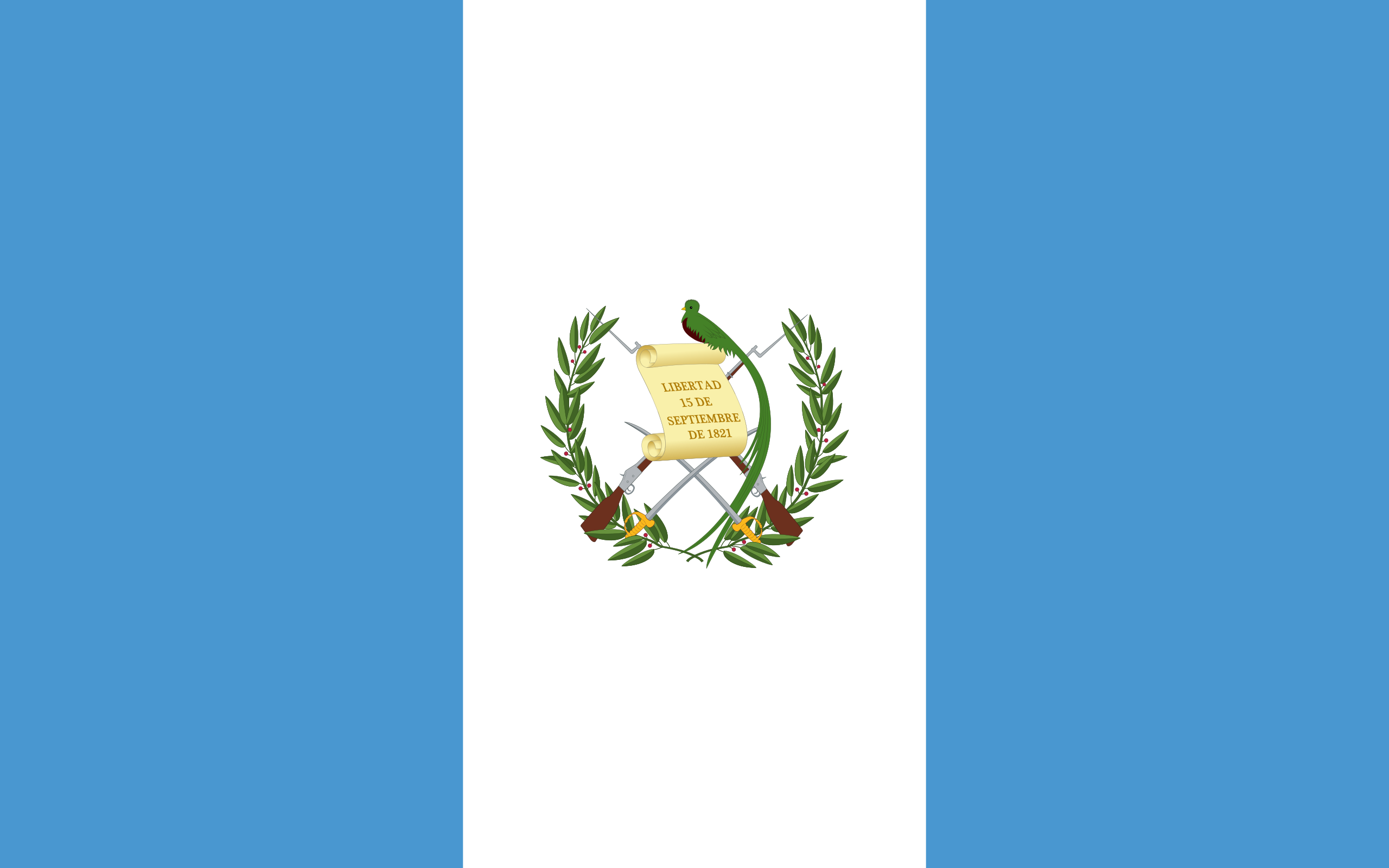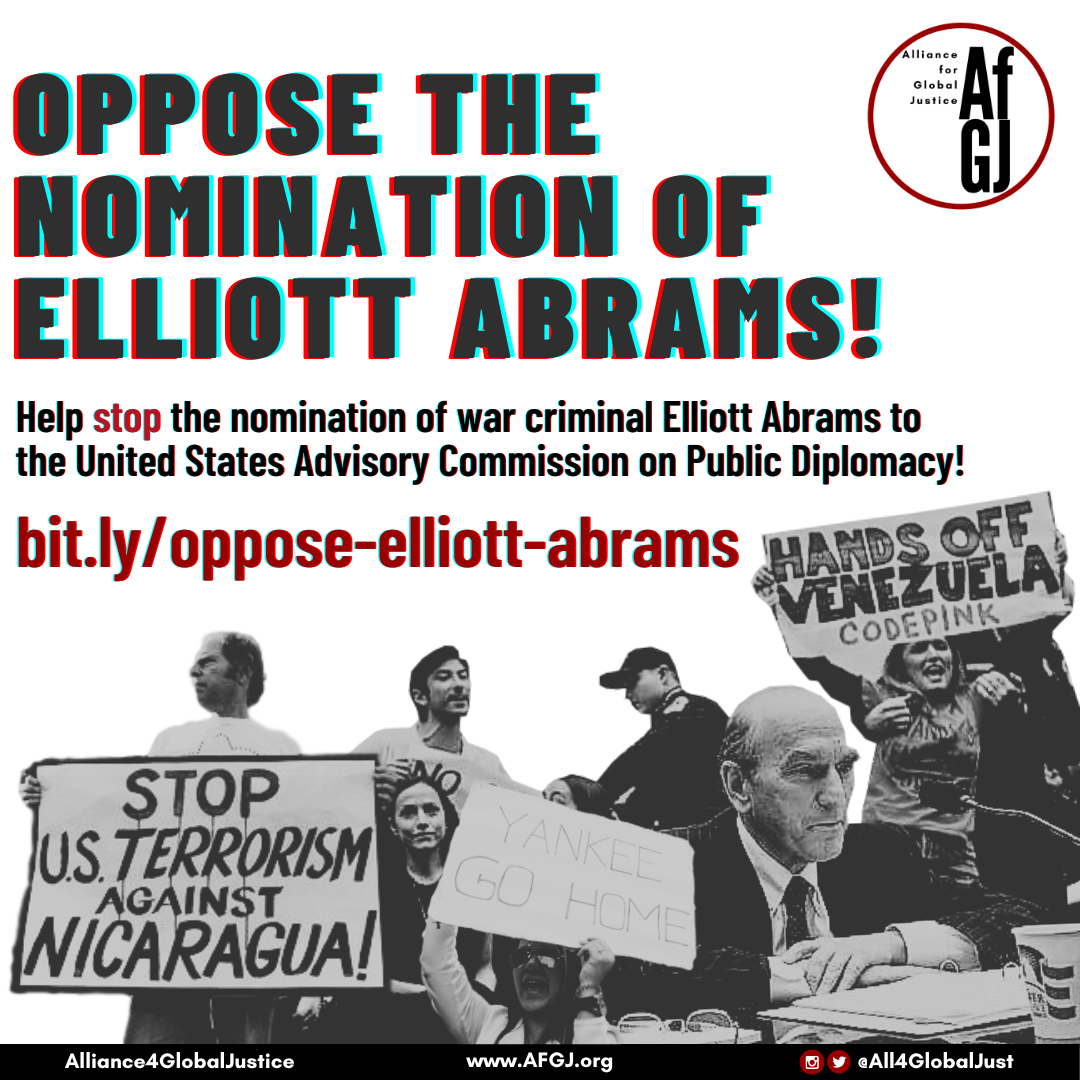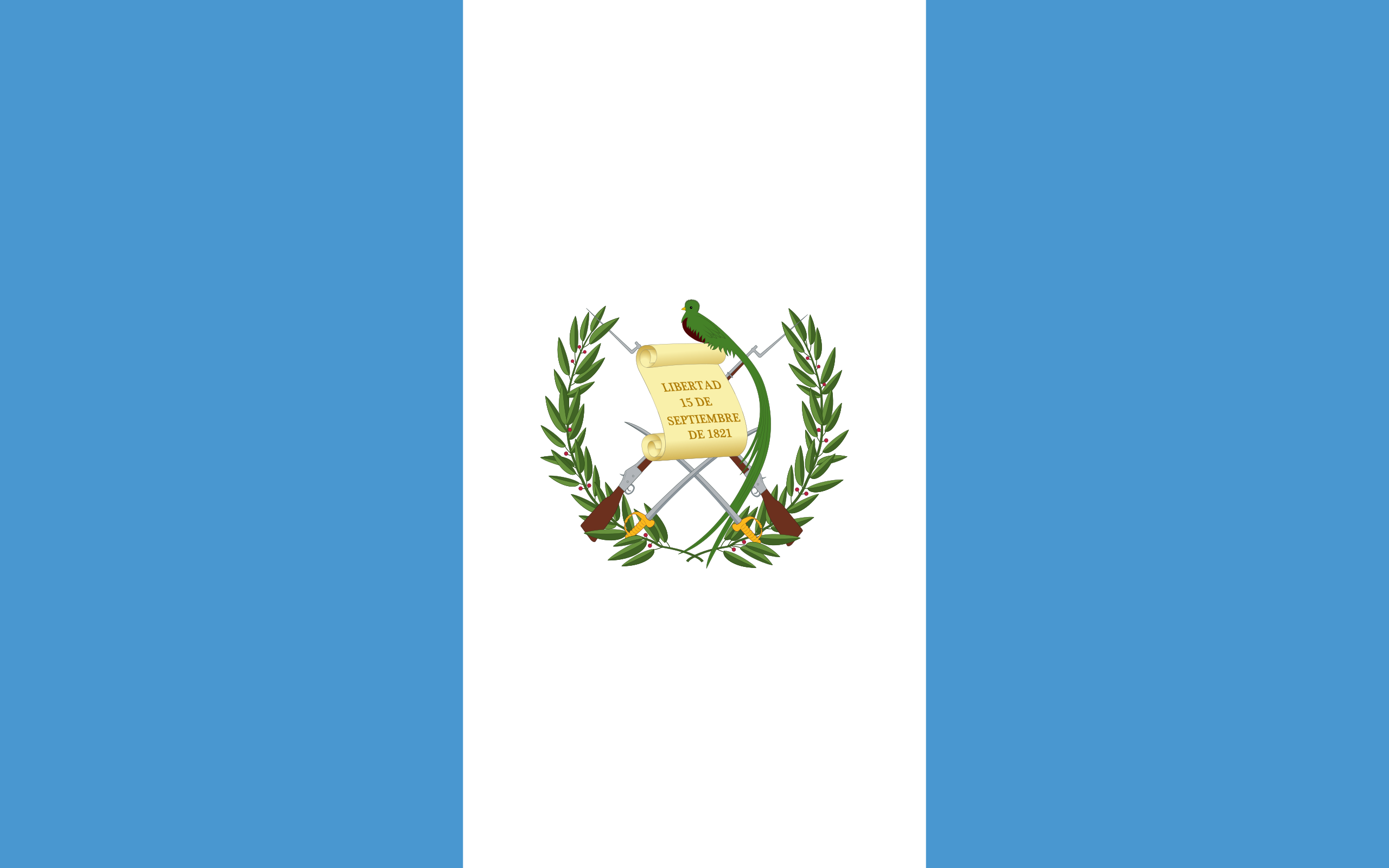President Bukele’s “state of exception” has led to the mass incarceration of 2% of the nation’s population. Poised to run for a second term in February 2023, Bukele is upping his draconian iron fist policies—with the support of the Congress and popular opinion.
The latest:
On July 26, Congress passed by 67 votes in favor (just 6 against) a new law to allow prosecutors to simultaneously try up to 900 people alleged to be part of the same criminal group at the same time! And the maximum penalty for being found guilty of being a gang leader was increased to 60 years in prison.
Ingrid Escobar, spokesperson for Humanitarian Legal Aid, a group providing assistance to Salvadoran detainees, said prisoners are at risk of being tried for crimes they did not commit. She warned they could be prosecuted simply “for living in a place stigmatized by gangs, despite not necessarily being gang members themselves.”
While the get-tough-on-crime policies are popular in El Salvador, human rights groups in the country are taking their criticisms to the international arena. On July 14, at the Inter-American Commission on Human Rights (based in Washington, DC), human rights organizations denounced the deaths of 174 people in state custody and over 6,400 documented human rights abuses during the “state of exception,” which was initiated by President Bukele in March 2022. It has been renewed by legislators every month or two since.
